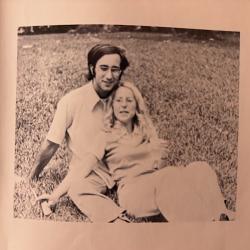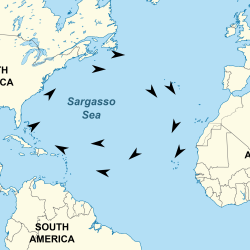College’s Alumni Network Announces its 2016 Summer Undergraduate Award Winners
The College of Computer, Mathematical, and Natural Sciences (CMNS) Alumni Network announced its 2016 Undergraduate Summer Research, Travel and Educational Enrichment Award winners.
The eight recipients will receive awards ranging from $500 to $2,000 to help defray costs related to conducting research or traveling to field courses, conferences or other summer activities that enhance or expand the student's educational and professional development.
The 2016 award winners and their summer activities are described below.
Justin Buck is a biological sciences major with a specialization in microbiology who will be interning as a lab assistant in the Division of Oncology at the Children’s Hospital of Philadelphia. Buck will focus on helping to develop treatments for neuroblastoma, one of the most common forms of childhood cancer.
Abigail DiVito is a biological sciences major with a specialization in ecology and evolution with a minor in sustainability studies. DiVito, a research assistant in the laboratory of UMD Associate Professor of Biology Carlos Machado, will continue her honors thesis research focusing on building an RNA library and using bioinformatics to create a new evolutionary history for fig wasps. While researchers previously thought that one wasp species exclusively pollinated each fig species, a more accurate model for diversification has been suggested, requiring modification of accepted wasp phylogenies. She will also work on a project involving genome editing in fruit flies.
Justine Grabiec, a geology major with a minor in planetary science, will use her award to travel to the Black Hills of Wyoming to attend a six-week field camp hosted by the South Dakota School of Mines and Technology. There, Grabiec will study and create stratigraphic columns, geologic maps and structural cross sections of the area.
Isobel Hawes is a double major in biological sciences with a specialization in physiology and neurobiology and English language and literature. Hawes, who has studied microglial cells and their role in addiction behaviors for over three years, will present a paper on her independent research project at the Glia in Health and Disease conference hosted by Cold Spring Harbor Laboratory in New York. Her research shows that microglial cells participate in a process called synaptic pruning and could lead to new avenues for therapeutics research.
Biochemistry major Chun Mun Loke will conduct research for two different groups during the summer. As a student leader of the UMaryland iGEM team, Loke will lead the team in identifying a synthetic biology research project, conducting the research and entering the completed project in the International Genetically Engineered Machine Competition to be held in Boston, Mass. in October. In 2015, the team received a Gold Medal and a nomination for the best “new application” project. As an undergraduate researcher in the laboratory of UMD Chemistry and Biochemistry Professor Lai-Xi Wang, Loke will characterize antibodies. He will specifically look at how their differing glycosylation patterns affect their binding affinities to their respective receptors. Because antibodies are critical in disease recognition and immune system response, this research could lead to the development of more efficient therapeutic agents and vaccines against cancer and infectious diseases.
Folarin Onifade, a biological sciences major with a specialization in physiology and neurobiology, is fascinated with DNA nanotechnology. As a research assistant in the laboratory of UMD Chemistry and Biochemistry Assistant Professor Paul Paukstelis, Onifade will have the opportunity to analyze the stability of CGA and TGA motifs found in some DNA crystals. These motifs are unique in their base-pairing characteristics. Though most biological DNA follows the Watson-Crick base-pairing rules--G pairs with C and A pairs with T--these motifs exhibit C-C, G-G, A-A, and T-T base pairing. The Paukstelis group uses these and similar motifs to design new DNA crystals for nanotechnology applications.
Priya Shukla, a biological sciences major with a specialization in physiology and neurobiology, will use her award to continue her research project at Johns Hopkins University's Department of Neurology and Neurosurgery. Interested in working with soldiers returning from war who have suffered a traumatic brain injury or exhibit post traumatic stress disorder, Shukla will conduct research aimed at preventing neuro-inflammation by inhibiting an up-regulated protein in neurons associated with the Varicella Zoster Virus.
Allison Williams, a double major in biological sciences with a specialization in cell biology and genetics and kinesiology, will use her award to attend a three-week summer class on human health and disease taking place in Copenhagen, Denmark. Interested in medicine, this class will give Williams the opportunity to focus on the most important human diseases, their diagnoses and treatments and the clinical methods of Danish physicians.







